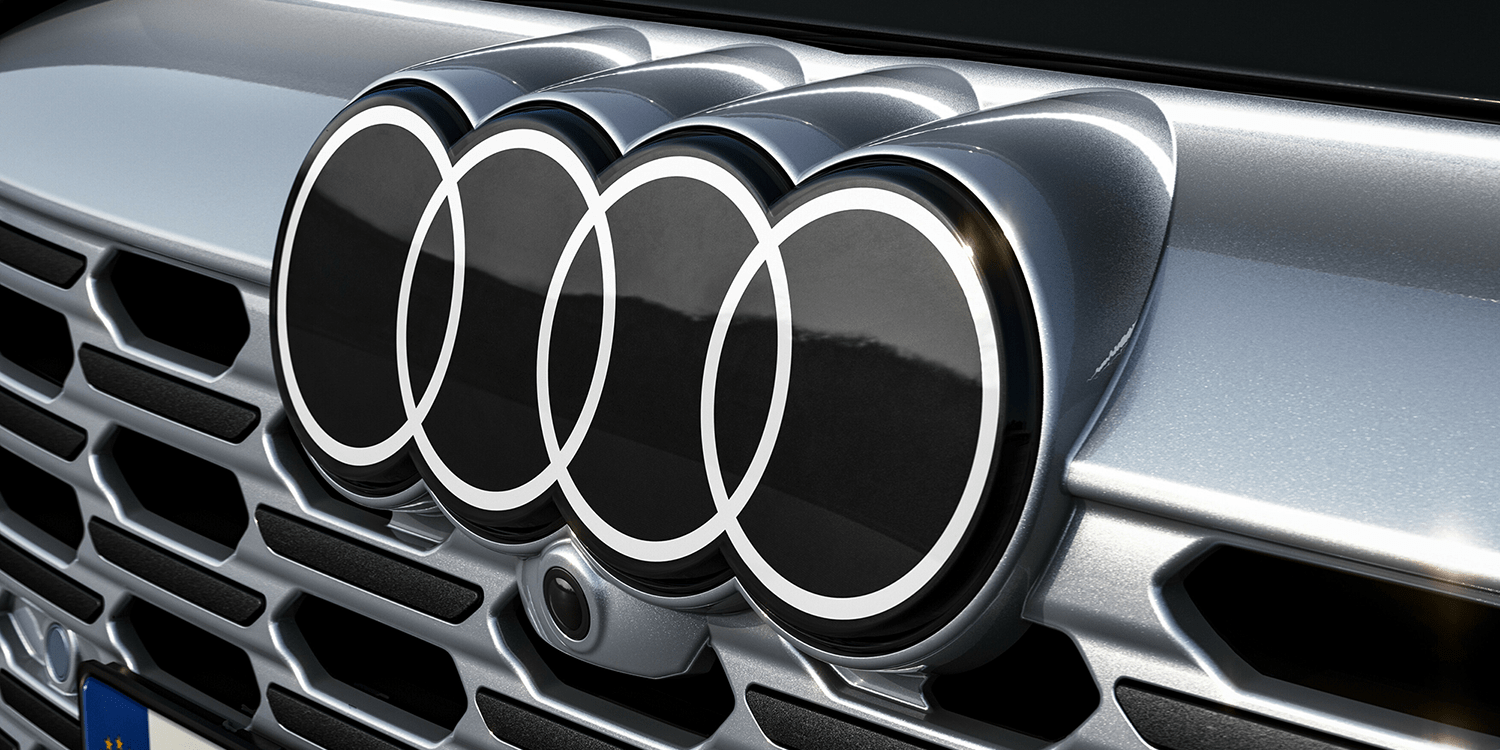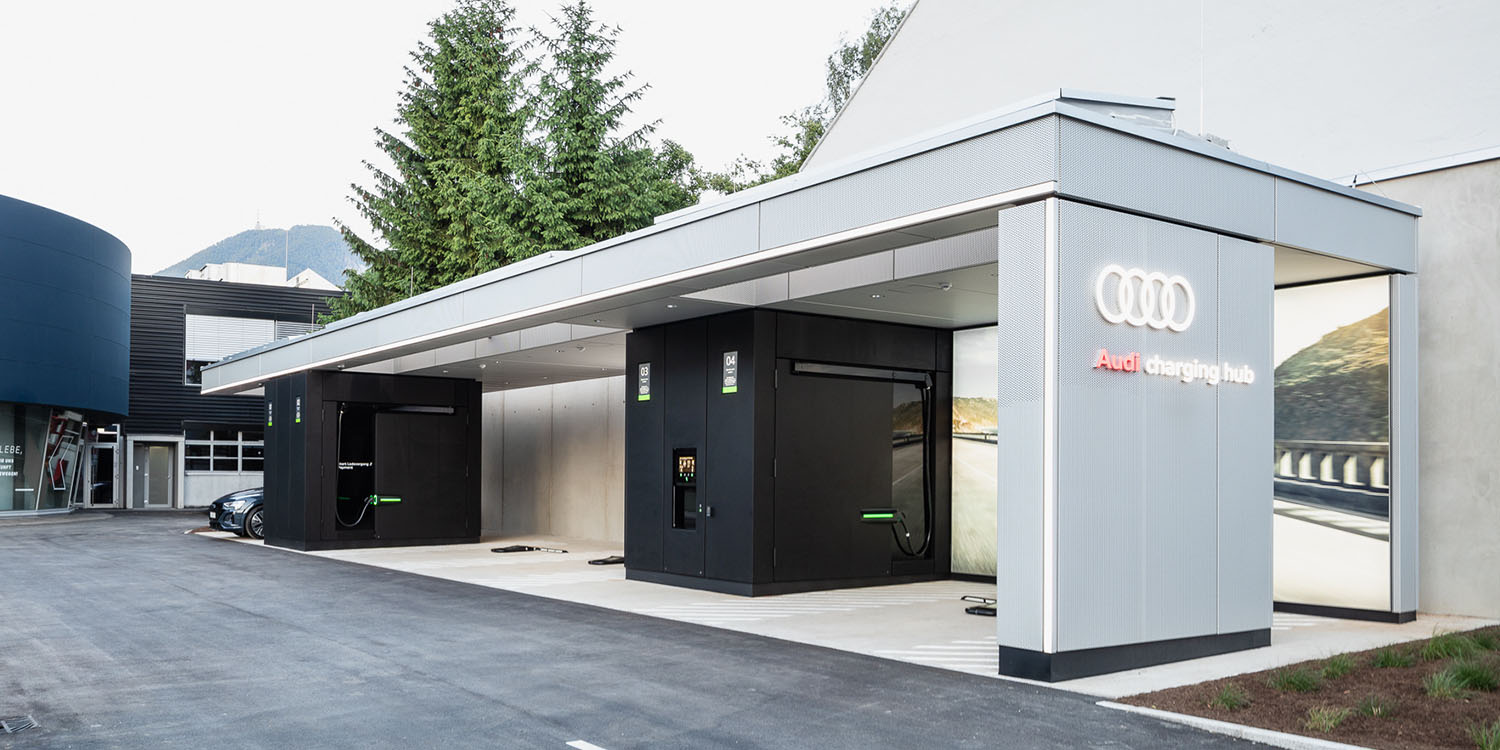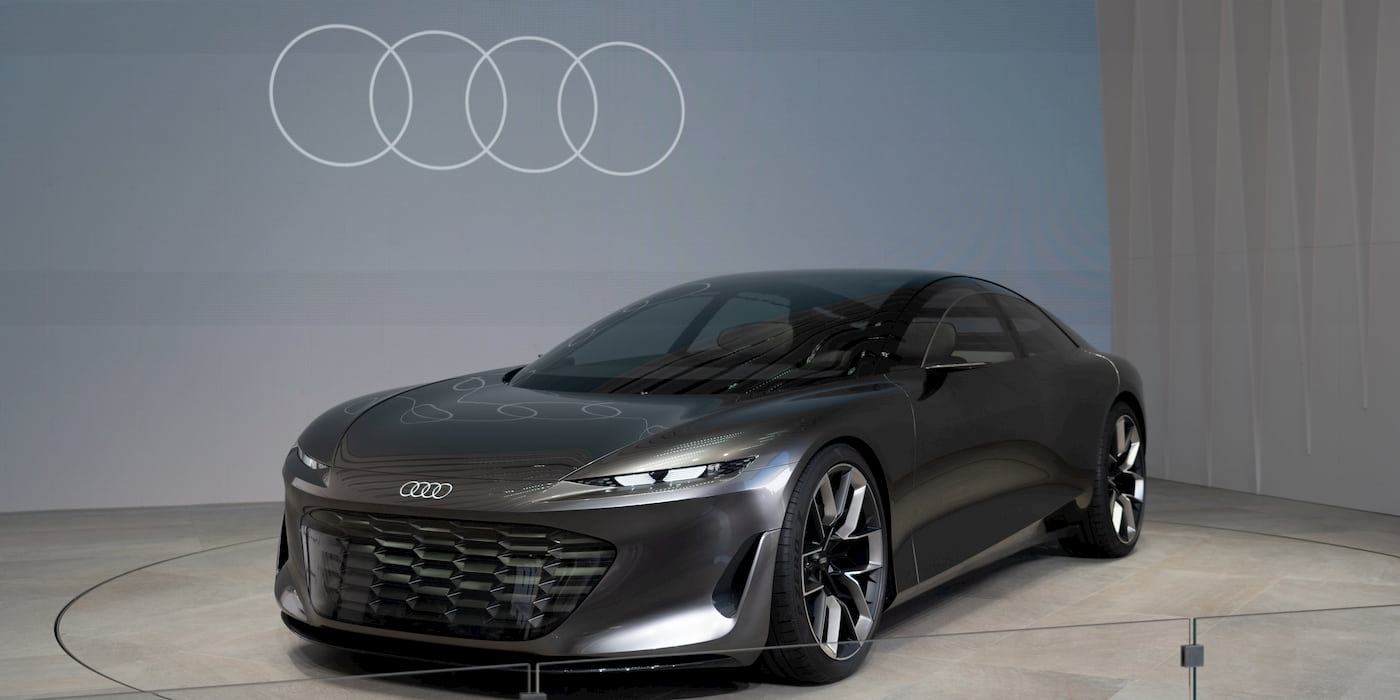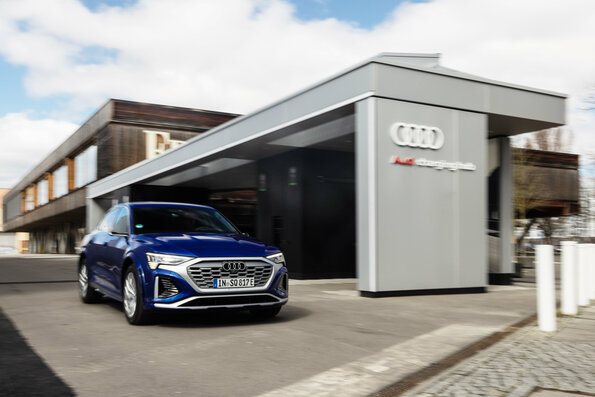Audi’s CEO, Markus Duesmann, emphasized the need to accelerate the development of new models to meet the growing demand for electric vehicles, particularly in China. In an interview with Reuters published on Thursday, Duesmann stated, “We are in the process of reviewing our entire development process.” He highlighted the necessity for shorter production cycles in the areas of connectivity and software and expressed a desire to learn from China’s practices.
Duesmann added, “I expect that over time we will get close to a development time of 30 months,” indicating a significant reduction from the current timeframe of approximately 48 months. Audi aims to catch up with German counterparts BMW and Mercedes-Benz in the transition towards battery-electric vehicles (BEV), which is crucial considering Duesmann’s projection that the BEV share of the premium car market should reach 60 to 70% by 2030.
While the shift to electric vehicles may occur even earlier in China, Audi’s sales performance in the country’s automotive market has not met expectations. Duesmann attributed this shortfall to the lack of vehicles tailored specifically to Chinese requirements, stating, “we still don’t have the optimal vehicles on the market for Chinese needs.” Audi sold slightly over 3,000 electric cars in China between January and March, while local company BYD surpassed the VW brand in the first quarter, becoming China’s top marque.
Unlike its competitors BMW and Mercedes, Audi has not introduced significant additions to its model range in the past two years. The release of the Q6 e-tron has been delayed due to software development falling behind schedule. However, Audi plans to launch more than 20 new models, half of them electric, by 2025, with the introduction of the Q6 e-tron at the end of this year signifying the start of their product offensive. Furthermore, Audi intends to discontinue the production of new combustion-engine models from 2026.
To mitigate any setbacks in China, Duesmann outlined Audi’s strategy to strengthen its presence in North America, capitalizing on the robust U.S. car market and the government’s generous subsidies program. Referring to the Inflation Reduction Act, Duesmann stated, “Audi’s strategy has been reinforced by the Inflation Reduction Act.” The company is contemplating expanding its production capacity in the region, possibly at Volkswagen’s site in Tennessee, and a decision regarding this matter will be made within this year.





